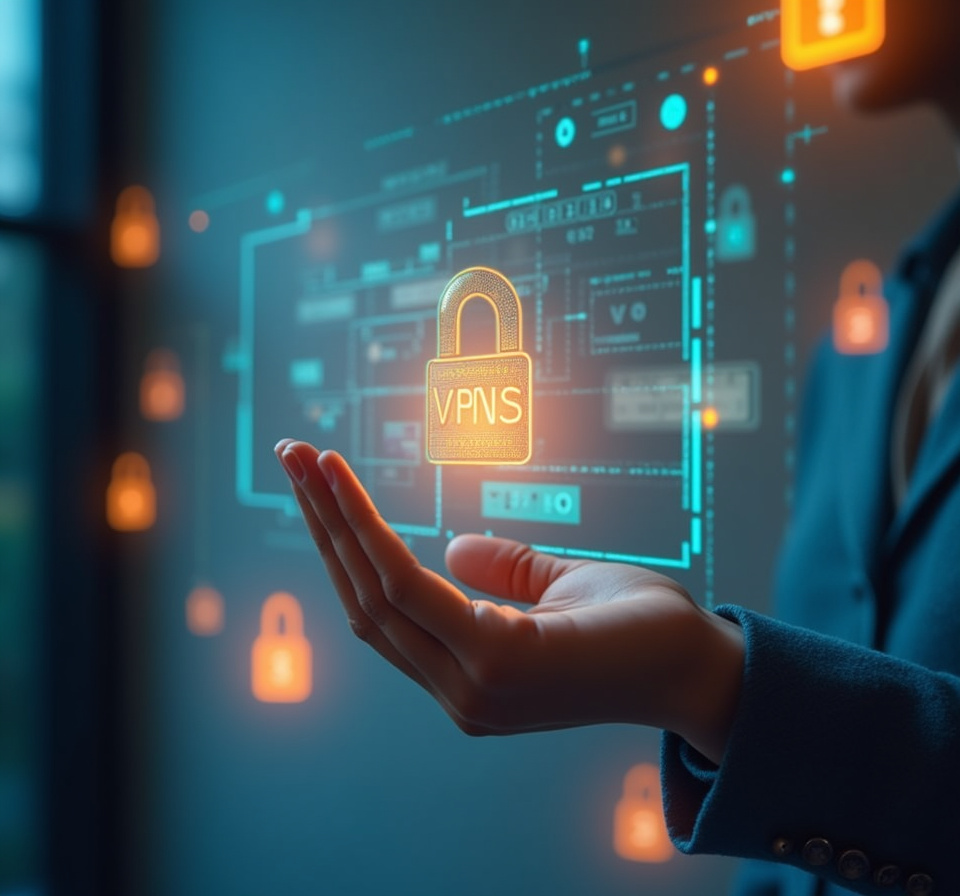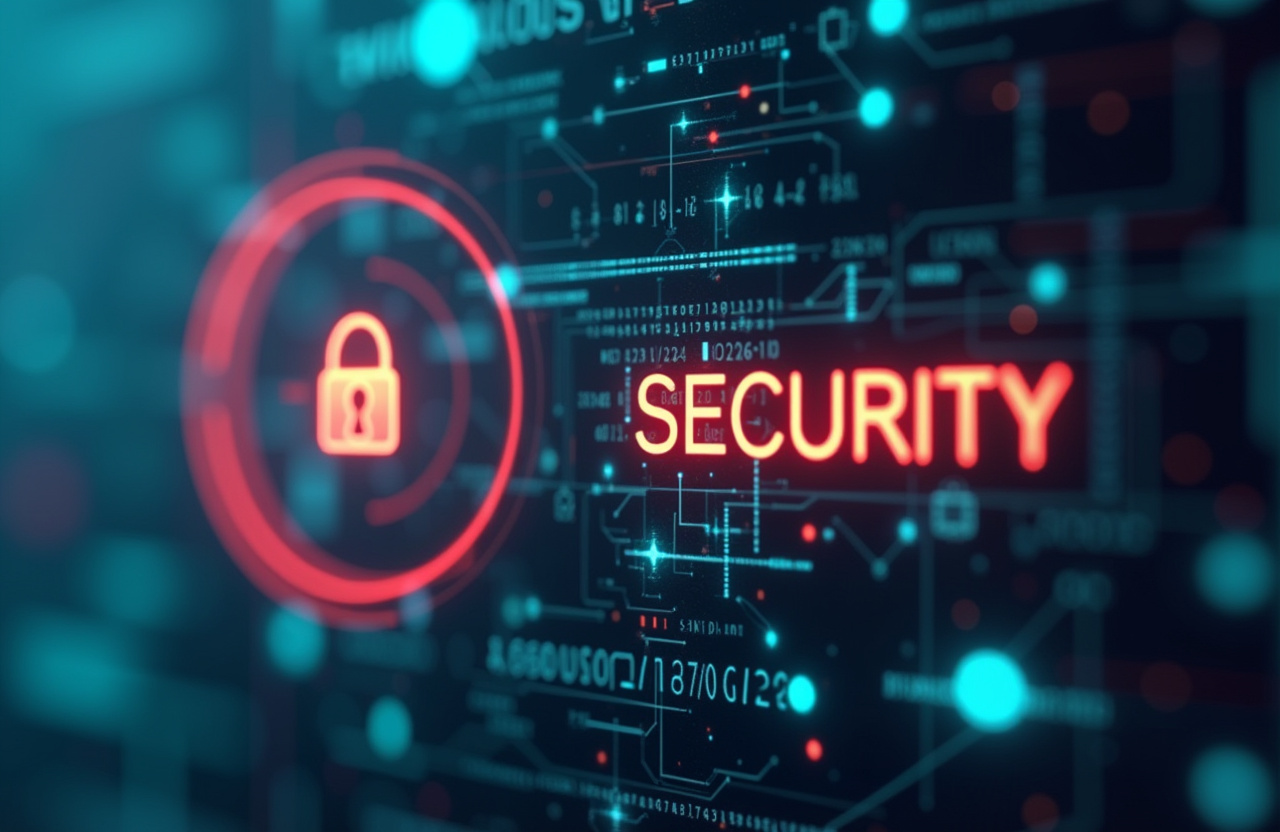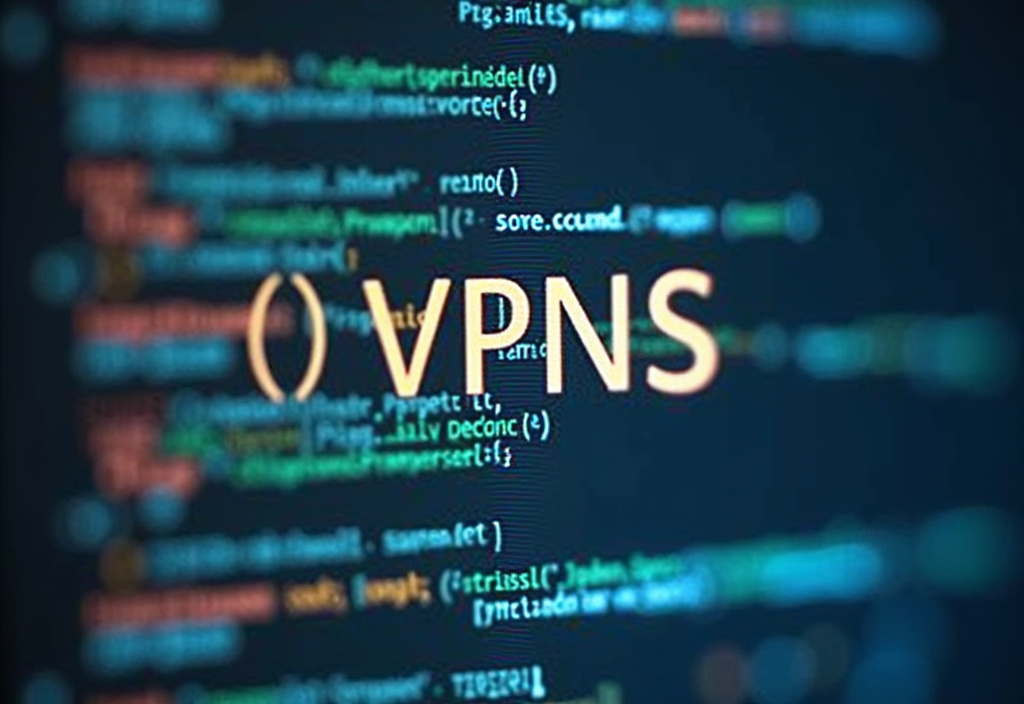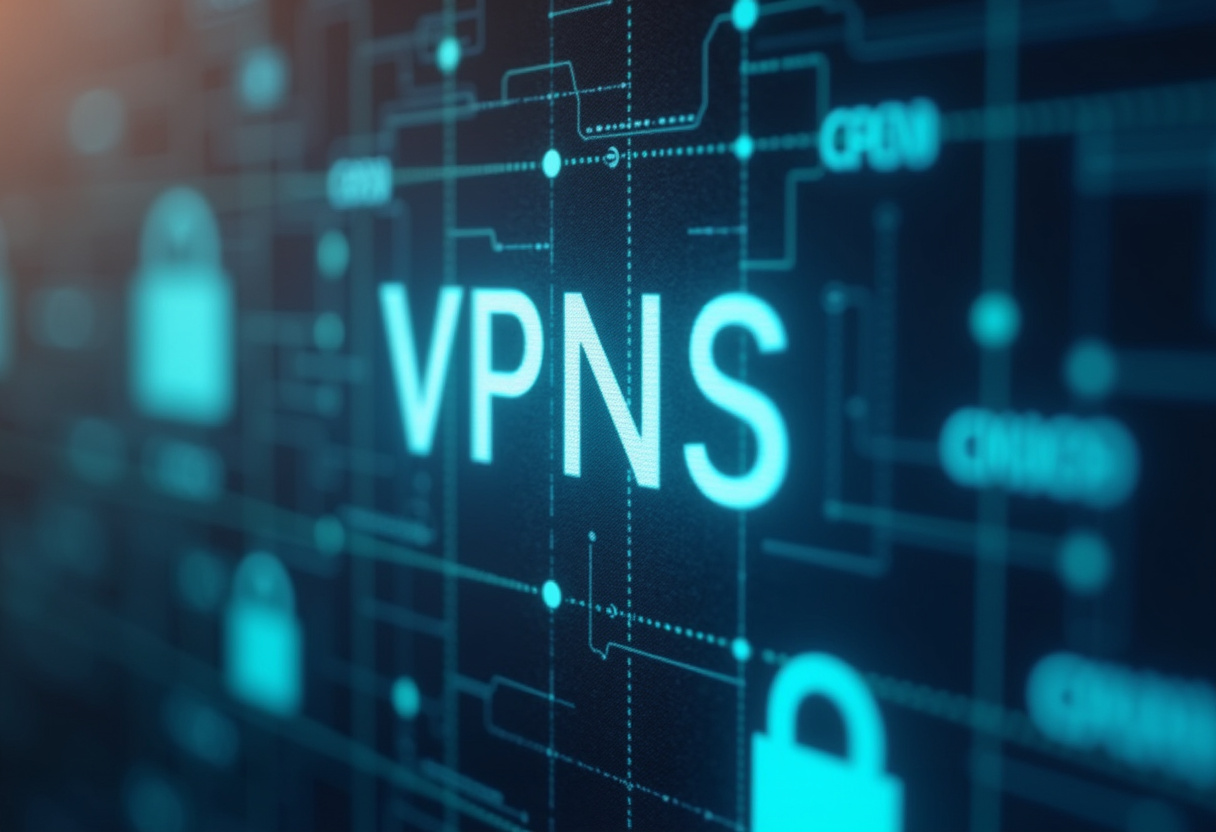VPNs for Hospitality Management: Securing Guest Information
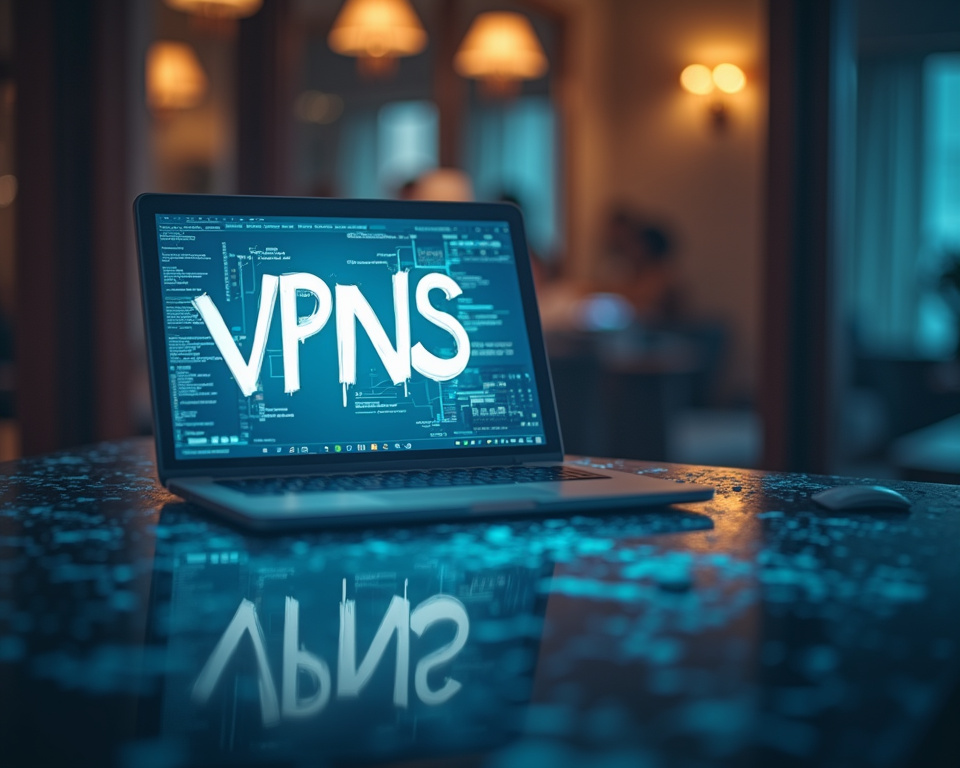
Table of Contents
VPNs for Hospitality Management: Securing Guest Information
In an era where digital connectivity defines modern travel, the hospitality industry faces the dual challenge of providing seamless online experiences while simultaneously safeguarding the sensitive data of its guests. This article delves into the critical role Virtual Private Networks (VPNs) play in achieving this balance, offering a comprehensive exploration of how VPNs can fortify guest security within hotels, resorts, and other accommodation providers. We'll examine the vulnerabilities inherent in hospitality networks, the specific benefits a well-implemented VPN solution offers, and the essential considerations for choosing and maintaining a secure, reliable VPN infrastructure.
From mitigating the risks of unsecured public Wi-Fi to achieving compliance with stringent data protection regulations, this exploration equips hospitality managers with the knowledge to make informed decisions about leveraging VPN technology to protect their guests and their business. The reputation of a hospitality establishment hinges significantly on trust, and in the digital age, that trust is inextricably linked to data security. Guests entrust hotels with a wealth of personal information, ranging from basic contact details and payment card numbers to travel itineraries and potentially sensitive personal preferences.
Failure to protect this data can have devastating consequences, leading to financial repercussions, damaging legal battles, and, most importantly, irreparable harm to the brand's reputation. A single data breach can erode guest confidence, discourage future bookings, and create lasting negative perceptions that are difficult to overcome. In response to this challenge, implementing a hospitality VPN offers a proactive approach to strengthening data protection.
Imagine a hotel lobby bustling with guests, each connected to the hotel's Wi-Fi network. Without a VPN, the data transmitted over this network is vulnerable to interception by malicious actors lurking on the same network. These hackers can potentially capture usernames, passwords, credit card details, and other sensitive information, leading to identity theft, financial fraud, and a host of other cybercrimes.
By implementing a hospitality VPN, the hotel creates a secure, encrypted tunnel for all Wi-Fi traffic. Meaning that all data transmitted between guests' devices and the internet is shielded from prying eyes. This encryption ensures that even if a hacker manages to intercept the traffic, the data remains unreadable and unusable, preventing data breaches and protecting guest privacy.
Beyond guest Wi-Fi security, VPNs are also crucial for securing internal hotel networks. These networks often contain sensitive information related to guest reservations, financial transactions, employee records, and other confidential business data. A compromised internal network can provide attackers with access to this valuable information, potentially leading to large-scale data breaches and significant financial losses for the hotel.
A hospitality VPN can encrypt internal network traffic and restrict access to authorized personnel, significantly reducing the risk of internal data breaches. This is particularly important in an environment with numerous employees and potential access points to the network. Staff can safely connect to the internal network while offsite.
The implementation also shows that the establishment cares about hotel privacy. Furthermore, VPN for accommodations can assist hospitality businesses in complying with increasingly stringent data protection regulations, such as the General Data Protection Regulation (GDPR) and the California Consumer Privacy Act (CCPA). These regulations impose strict requirements on organizations to protect the personal data of individuals, and non-compliance can result in substantial fines and penalties.
It makes data protection easier.
Second section subtitle
Choosing the right hospitality VPN solution requires careful consideration of several factors, including security features, performance, scalability, cost, logging policies, and ease of management. Security stands as the paramount concern, and the VPN must employ robust encryption protocols, such as AES-256, to ensure the confidentiality of transmitted data. AES-256 (Advanced Encryption Standard with a 256-bit key) is widely recognized as a virtually unbreakable encryption standard, making it ideal for protecting sensitive guest data.
Beyond strong encryption, the VPN should offer advanced security features like a kill switch, which automatically disconnects the internet connection if the VPN connection drops unexpectedly. This prevents unencrypted data from being transmitted, thus mitigating the risk of accidental data exposure. DNS leak protection is another essential feature that ensures all DNS queries are routed through the VPN server, preventing third parties from monitoring browsing activity.
Furthermore, a strict no-logs policy is crucial. A reputable hospitality VPN provider should not collect or store any data related to guest activities, including browsing history, connection timestamps, or IP addresses. This ensures that guest privacy is fully respected and that the VPN cannot be compelled to hand over sensitive information to third parties.
Performance is equally critical, as guests expect a seamless and reliable internet connection. The VPN must handle the bandwidth demands of multiple users concurrently without compromising speed or stability. Latency, the time it takes for data to travel between a device and a server, is also a significant factor.
High latency can result in slow loading times and a frustrating online experience for guests. Therefore, selecting a VPN with a geographically diverse network of servers can minimize latency and optimize performance. Scalability is another key consideration, especially for larger hotels and resorts with fluctuating occupancy rates.
The VPN should be able to scale effortlessly to accommodate the growing number of guests and devices without requiring substantial infrastructure upgrades or incurring exorbitant costs. Cloud-based VPN solutions often offer superior scalability compared to on-premises solutions, as they can easily scale resources up or down based on demand. Cost analysis involves assessing both the initial investment and the ongoing operational expenses associated with the VPN solution.
This includes licensing fees, hardware costs, maintenance expenses, and IT support requirements. While free VPN services may seem appealing, they often come with significant limitations, such as data caps, bandwidth restrictions, and intrusive advertising. They may also compromise security by logging user data or injecting malware into traffic.
Therefore, investing in a reputable paid VPN service is generally recommended. The choice between different VPN deployment models hinges primarily on the hotel's specific needs, technical capabilities, and budget constraints. A dedicated VPN appliance provides a hardware-based solution that is easy to deploy and manages.
Software-based VPN can be installed on existing servers, offering greater flexibility and customization. Cloud-based VPN solution provides a fully managed service that is easy to deploy and scale. Ultimately, the success of any hospitality VPN implementation relies on selecting a reputable VPN provider with a proven track record of delivering secure, reliable, and privacy-focused services.
Third section subtitle
The initial setup and configuration of the hospitality VPN are foundational steps that dictate the effectiveness and overall security posture of the implementation. It's not merely about installing software; it's about meticulously crafting a secure environment that aligns with the specific needs and infrastructure of the accommodation provider. The VPN should be configured to encrypt all Wi-Fi traffic originating from guest devices, creating a shielded tunnel that protects data as it traverses the network.
This entails configuring the VPN gateway or server to intercept all outbound traffic and encrypt it using the chosen encryption protocol, such as AES-256. The configuration should ensure that even if an attacker manages to compromise the Wi-Fi network, the encrypted data remains unreadable and unusable. Restricting access to the VPN infrastructure to authorized personnel only is equally critical.
This involves creating unique accounts for each administrator or IT staff member who requires access to the VPN management interface. Strong passwords and multi-factor authentication (MFA) should be enforced for all VPN accounts. MFA adds an extra layer of security by requiring users to provide two or more verification factors before gaining access to the system, making it significantly more difficult for attackers to compromise accounts.
Regular security audits and penetration testing are imperative to identify and address any vulnerabilities in the VPN configuration. Security audits involve a comprehensive review of the VPN's configuration settings, security policies, and access controls. Penetration testing simulates real-world attacks to identify weaknesses in the VPN infrastructure and assess its ability to withstand malicious activity.
The results of these audits and tests should be used to remediate any identified vulnerabilities and improve the overall security posture of the VPN. It goes without saying that, employee training is essential to ensure that staff members understand the importance of VPN security and how to use it correctly. Employees should be trained to recognize and avoid phishing attacks and other social engineering tactics that could compromise VPN credentials.
They should understand that compromised credentials can provide attackers with unauthorized access to sensitive guest data and internal hotel systems. The training program should cover topics such as password security best practices, email security awareness, social engineering tactics, and incident reporting procedures. Implementing clear and concise VPN usage policies is vital to ensure that both staff and guests understand the permitted and prohibited uses of the VPN.
These policies should clearly outline the types of activities that are allowed and prohibited, such as accessing illegal content, engaging in malicious activity, or sharing VPN credentials. The policies should also specify the consequences of violating the VPN usage policies, such as account suspension or termination. Moreover, consideration should be given to segmenting the network.
Network segmentation involves dividing the hotel's network into smaller, isolated segments.
Securing Subscriber Privacy with VPN Integration
Maintaining a resilient and effective hospitality VPN demands continuous monitoring, proactive maintenance, and timely updates. Neglecting these aspects can leave the VPN vulnerable to emerging threats and compromise its overall performance. Regular monitoring of VPN logs and security alerts is paramount for early detection and response to potential security incidents.
VPN logs contain valuable information about user connections, network traffic, and security events. Analyzing these logs can help identify suspicious activity, such as unauthorized access attempts, unusual traffic patterns, or malware infections. Security alerts should be configured to automatically notify IT staff of critical events, such as failed login attempts, detected intrusions, or denial-of-service attacks.
The VPN software and firmware should be updated regularly to patch security vulnerabilities and ensure optimal performance. Software and firmware updates often include fixes for newly discovered security flaws that could be exploited by attackers. Failing to install these updates in a timely manner can leave the VPN vulnerable to known attacks.
Regular updates also ensure that the VPN is running the latest features and performance enhancements, improving its overall efficiency and reliability. Security policies and procedures should be reviewed and updated regularly. To encompass changes in the threat landscape and best practices.
The threat landscape is constantly evolving, with new threats emerging all the time. Security policies and procedures should be reviewed and updated regularly to reflect these changes and ensure that the VPN remains protected against the latest threats. This review should also consider any changes in the hotel's business operations, IT infrastructure, or regulatory requirements.
Proactive maintenance tasks, such as regularly checking the VPN's performance, verifying the integrity of its configuration, and testing its security features, can help prevent issues from arising and ensure that the VPN is functioning properly. Performance monitoring can help identify any degradation in VPN speeds or stability, allowing IT staff to address the issue before it impacts guest experience. Configuration validation ensures that the VPN's settings are still aligned with the hotel's security policies.
Security testing verifies that the VPN's security features, such as the kill switch and DNS leak protection, are functioning as expected. Educating guests about the benefits of using the hospitality VPN can encourage its adoption and enhance their overall security awareness. Many guests may be unaware of the risks associated with using public Wi-Fi networks or the security benefits that a VPN can provide.
Hotels can provide guests with clear and concise instructions on how to connect to the VPN and explain the security benefits it offers. Promotional materials, such as brochures, website content, and in-room signage, can be used to highlight the hotel's commitment to guest data protection and promote the use of the VPN. The instructions should be so easily followed that a child can use them without supervision.
By clearly showing the guest the need to use the VPN and the ways in which they can safely use it, that enhances guest experience. Remember that guest experience is just as important. Moreover, consider offering incentives to guests who use the VPN, such as complimentary Wi-Fi access or exclusive discounts on hotel services.
This can help encourage adoption.
In conclusion, the implementation of a robust hospitality VPN solution is no longer merely a technological luxury but a fundamental necessity for safeguarding guest data, maintaining brand reputation, and ensuring compliance with evolving data protection regulations. By carefully selecting, configuring, and maintaining a VPN that aligns with their specific needs and infrastructure, accommodation providers can significantly enhance their security posture and foster a more secure and trustworthy environment for both guests and employees. From encrypting guest Wi-Fi traffic to securing internal hotel networks, VPNs offer a versatile and effective defense against a wide range of cyber threats.
The benefits extend beyond mere security, encompassing enhanced guest privacy, improved compliance with data protection mandates, and a strengthened brand image. However, the success of any hospitality VPN implementation hinges on a holistic approach that encompasses not only technology but also policy, training, and ongoing vigilance. Clear VPN usage policies should be established and enforced, and employees should be thoroughly trained on VPN security best practices.
Regular security audits and penetration testing should be conducted to identify and address any vulnerabilities in the VPN infrastructure. Guests should be educated on VPN security. By embracing a comprehensive and proactive approach to VPN implementation, hotels can create a more secure and trustworthy environment for guests.
The hospitality industry is built on trust, and in the digital age, that trust begins with data security. A well-implemented VPN solution is a powerful tool for building and maintaining that trust, ensuring that guests can enjoy their stay with peace of mind, knowing that their data is protected. For hotels hesitant about the costs associate with the VPN in terms of money spent and time used, they should know that the return on investment is much greater.
It guarantees the safety of its customer base. It has been demonstrated that implementing a successful VPN solution greatly enhances hotel privacy and creates a safer accommodation for all of its customers. Many organizations are beginning to implement it, a lack of this protocol would be a deterrent for some visitors.
When choosing VPN for accommodations, hotels must ensure the VPN solution has no data logs. This ensures the safety of its visitors. In the modern age it is of vital important that data and safety are taken into consideration.
Any possible breaches can be mitigated and prevented with the right tools in place. In the world of hospitality many people of various backgrounds use the services offered. The VPN must also ensure that they protect individuals regardless of where they originate.
A robust VPN will do this job securely. It will establish a level trust with existing clients and it will attract more clients. The safety of data guarantees more revenue in sales and profits.
Trust in this day is worth more than gold. In this comprehensive exploration, we've illuminated the critical role of VPNs in securing guest information within the hospitality sector.
Stay Updated
Get the latest VPN news, tips, and exclusive deals to your inbox.
